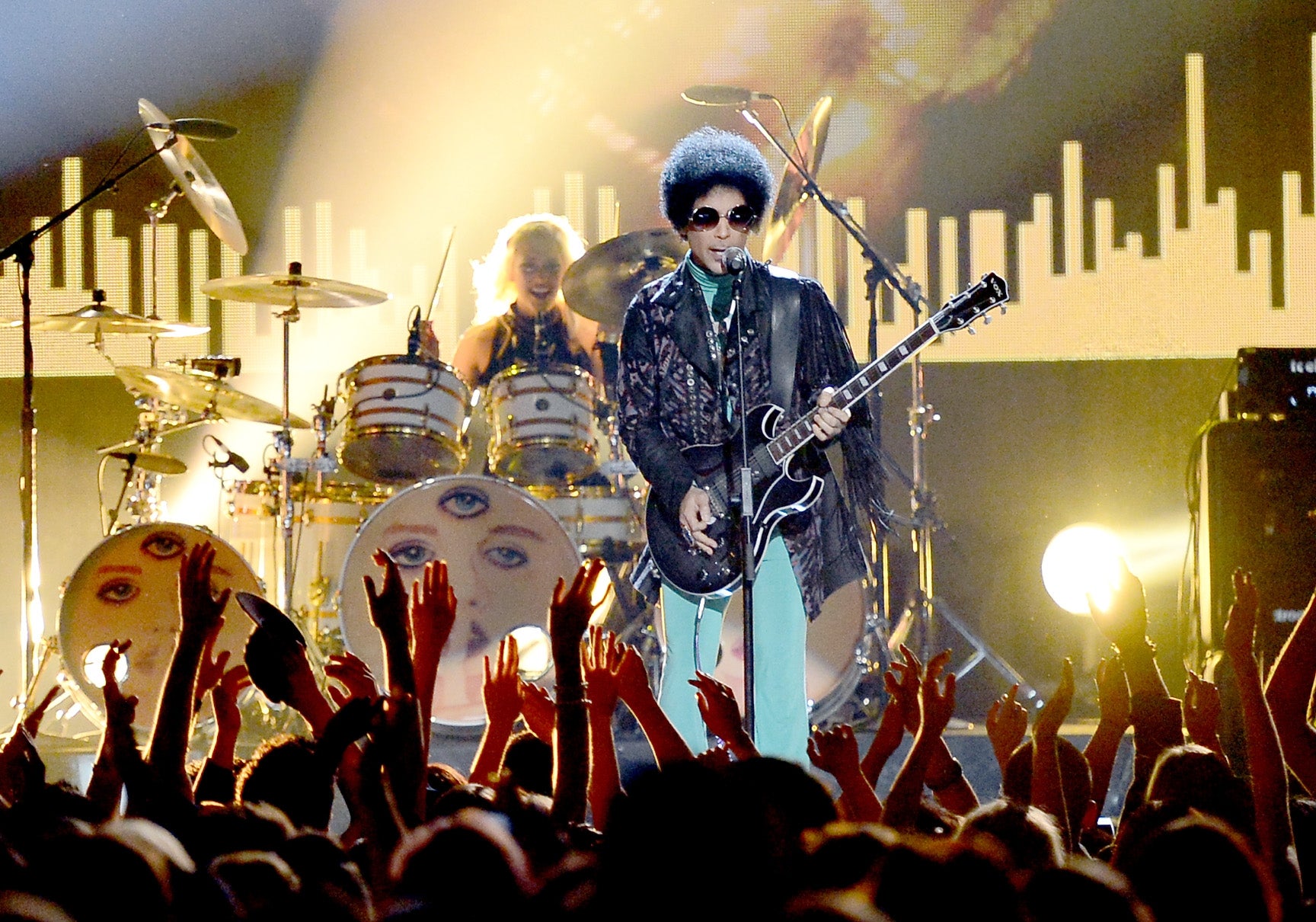People deemed “cool” boast six surprisingly similar personality traits across cultures, according to a new study that hints at the role played by broadcast media in standardising the meaning of the term.
While their cultures vary greatly, the definition of a cool person in Eastern and Western social circles seems to be identical, according to the study published in the Journal of Experimental Psychology.
The study is based on psychology experiments conducted from 2018 to 2022 with about 6,000 adult participants from the US, Australia, Chile, China, Hong Kong, Germany, India, Mexico, Nigeria, Spain, South Africa, South Korea, and Turkey.
Each participant was asked to think of someone they thought was “cool”, “not cool”, “good”, or “not good”, and then rate that person’s personality and values.
Using this data, researchers assessed how cool people differed from “uncool” and “good” people. “Everyone wants to be cool, or at least avoid the stigma of being uncool, and society needs cool people because they challenge norms, inspire change, and advance culture,” study co-lead researcher Todd Pezzuti explained. “The concept of coolness started in small, rebellious subcultures, including Black jazz musicians in the 1940s and the beatniks in the 1950s. As society moves faster and puts more value on creativity and change, cool people are more essential than ever.”

In spite of cultural variations, cool people were universally perceived as being more extroverted, hedonistic, powerful, adventurous, open, and autonomous, researchers from the American Psychological Association found.
In comparison, “good” people were perceived as more conforming, traditional, secure, warm, agreeable, universalistic, conscientious, and calm.
While there are some overlapping traits, researchers point out that being cool isn’t necessarily considered “good” in a moral sense.

The growth of fashion, music and film industries globally has seen the meaning of cool “crystallise on a similar set of values and traits around the globe”, becoming “more commercially friendly”, the study noted.
“Coolness has definitely evolved over time but I don’t think it has lost its edge. It’s just become more functional,” Dr Pezzuti said.
Researchers said their findings could help better understand the role played by “coolness” in establishing social hierarchies and changing social and cultural practices and norms. “The fact that cool people are seen as having a similar attribute profile around the world and that these attributes are distinctly cool rather than good in general makes a strong case that coolness is a meaningful construct that can help explain how people understand, order, and structure their social world,” they wrote.
“If coolness emerged as a status granted to those who inspire and facilitate cultural change, then perhaps we shouldn’t be surprised that cool people, from San Francisco and Santiago to Sydney and Seoul, show traits that would make them more likely to question convention, innovate, and persuade others to change.”







